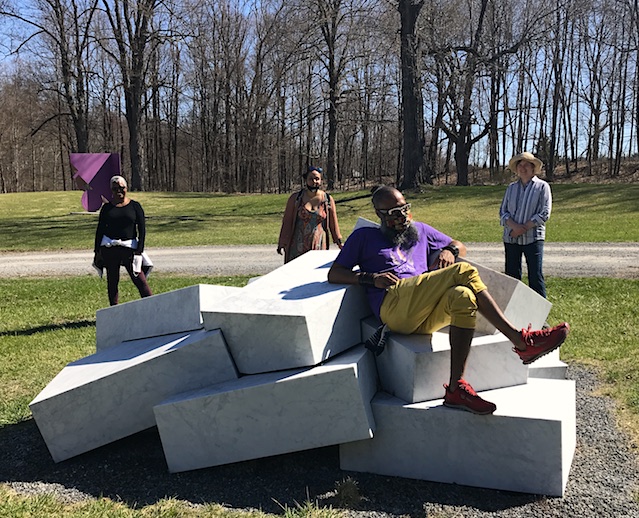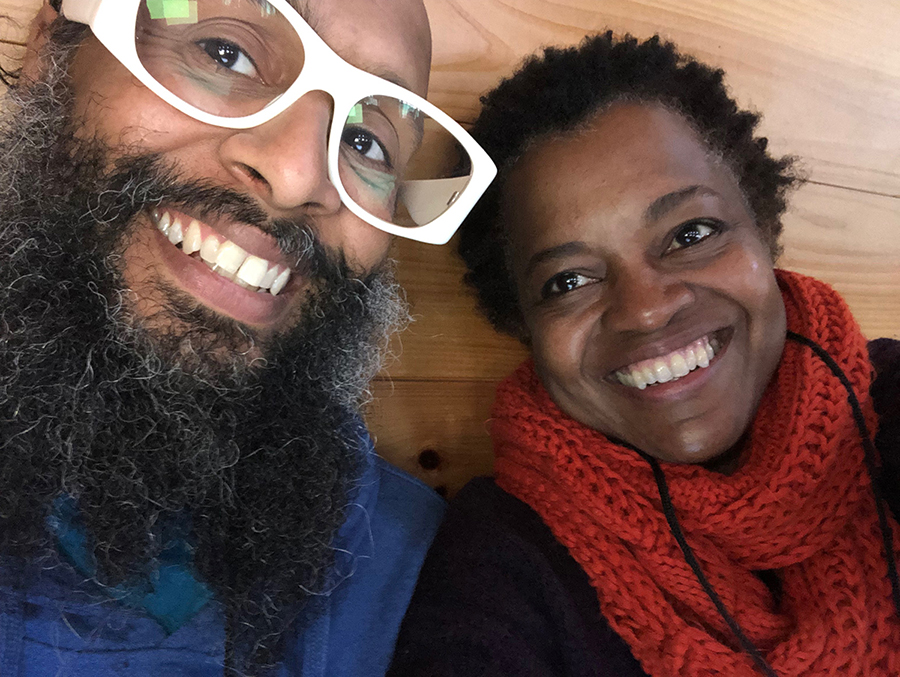We’re not human resources. In fact, we don’t even want to imagine ourselves as “resources” at all.
Generally, the term “human resources” evokes something to be used, or used up, rather than evoking somebody, a full spectrum human being. It is analogous to reducing the diversity and breadth of the natural world to the term “natural resources,” which conveys that the natural world is something to pull value out of, to mine, to convert into products, throwing away the detritus once we are done. All of it carries a whiff of an extractive economic mindset.
No, instead, we see ourselves as a committed group of people who are joined together by a common mission. We each bring our unique strengths (and weaknesses) to the table, with trust and care, and we develop our skills together in service to a more just and effective organization.
We aim to create a workplace culture that leverages our collective energies for good work and that stays alert to what is needed by each individual to show up and contribute fully, while still caring for us as human beings. To that end, we have experimented with developing and implementing policies that support the culture and the values we want to nourish.
How do we find our way towards workplace policies that align with this vision of a team and of an organization? It feels like no small feat to push against the tides of generic HR practices and policies. We take it one step at a time, drawing inspiration from progressive organizations across the country, such as the Sustainable Economies Law Center. We have found and analyzed existing approaches, and tweak them to fit our needs.
The areas that we have touched so far with this work of radically reimagining HR include:
- Hiring practices
- Transitions (i.e. promotions or role changes)
- Compensation
- Conflict resilience and engagement policies
- Annual reviews using peer accountability and feedback (e.g. 360 feedback frameworks)
- Open, transparent and unlimited PTO
- Developing a process to see, name and embrace our various working styles
- Creating shared working agreements
In imagining a path forward in each of these areas, we have started with group input towards an articulated process or policy, whose crafting is informed by our ideas as well as outside research. We then have iterated towards a version that we consent to and then implement. Lastly, we give ourselves permission and time to look back on our processes and policies once we have lived them for a while to analyze and tweak them. We see these policies and practices as living approaches, as alive as we are (well, not quite), and therefore potentially changeable over time.
It is emergent and still feels new, but we feel we are starting to see the fruit of our work, as we approach the second year anniversary of transitioning to a worker self-directed nonprofit. In sharing some of the journey here and in future posts, we hope to open up the conversation around how our HR approaches aim to align with Just Transition and how it all comes out of, and supports, our shared leadership. With each experiment, we learn what works for us and what doesn’t, and we also see the ripple effects of our shared commitment to each other in designing for an equitable, healthy, joyful workplace.
We have an earlier post in this series on radical trust that is worth revisiting with this context of HR matters in mind. Radical trust is an important foundation for our work, as a group of individuals practicing shared leadership.When we enter into HR territory, it means we are striving to create policies, structures, experiences, and outcomes that support each other as colleagues, that deepen our abilities to collaborate effectively, and that center equity and democractic principles. This process of refinement of how we operate most effectively as a collective stands firmly on that ground of radical trust. Sustaining trust provides a guiding north star and builds our sense of solidarity and care for each other.


